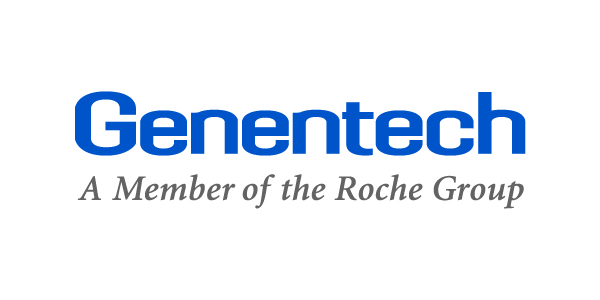
| Donations |
|
Advocacy Alert |
The time has come to rally for the Promising Pathway Act! Click for details and to easily send letters. |
Latest News
- Brain Tumor Awareness Month Webinar Series
Mark your calendars! To join, visit virtualtrials.org/webinar.
Tuesday, May 6 @ 7pm EDT: "Finding Clinical Trials" with Unsha Bakker, MSN, RN, OCN, CBCN, Brain Cancer Support and Solutions Alliance Nurse NavigatorWednesday, May 7 @ 7pm EDT: "New strategies to bypass the blood brain barrier to improve the delivery of chemotherapeutics for brain tumors" with Dr. John Boockvar
Thursday, May 15 @ 6pm EDT: "Fractional Tumor Burden Mapping" with Dr. Leland Hu
Sunday, May 18 @ 7pm EDT: "Glioblastoma: Beyond the Guidelines" with Dr. Burt Nabors
Thursday, May 29 @ 6pm EDT: "Advancement of B7-H3 targeting CAR T cells against pediatric brain and spinal cord tumors" with Dr. Nicholas Vitanza
- Brainchild Bio's Pediatric Brain Tumor CAR-T BCB-276 Reels in Breakthrough Therapy Designation
The FDA recently granted breakthrough therapy designation to a B7-H3-targeting CAR-T therapy for the treatment of diffuse intrinsic pontine glioma (DIPG). The CAR-T therapy is delivered directly into the brain via repeated intra-cerebroventricular doses. The FDA decision was based on encouraging data from the Phase 1 BrainChild-03 study conducted by Seattle Children’s, showing a median survival of 10.7 months from first CAR-T dose and 19.8 months from diagnosis among 21 DIPG patients, with three patients still alive at 44, 45, and 52 months post-diagnosis. There are now plans to launch a pivotal phase 2 trial later this year. We'll be having a webinar with Dr. Nicholas Vitanza about this therapy on May 29!
- AI Predicts Brain Cancer Recurrence in Kids
Researchers at Mass General Brigham, in collaboration with Boston Children’s Hospital and Dana-Farber, developed an AI model using a method called temporal learning to predict tumor recurrence in children with gliomas. The model analyzes sequences of post-treatment scans to detect subtle changes over time, achieving prediction accuracy rates of 75% to 89%. The model's accuracy plateaued between 4 to 6 scans. It's worth noting that the study was made possible by access to nearly 4,000 scans from 715 pediatric patients, with imaging and clinical data access support from the Children’s Brain Tumor Network (CBTN).
Brain Tumor Co-Payment Assistance Program StatusCLOSED to new and renewal applicants |
| Sponsored By |

|
| Please Click On The Above Banner For More Details |
To submit a story/press release go to: click here To unsubscribe, click here.
The article commentaries are the opinions of Al Musella, DPM and do not represent the official position of the Musella Foundation. Copyright 1992-2025 Musella Foundation - All rights reserved. No part of the Brain Tumor News Blast can be reproduced without the express written permission of the Musella Foundation.